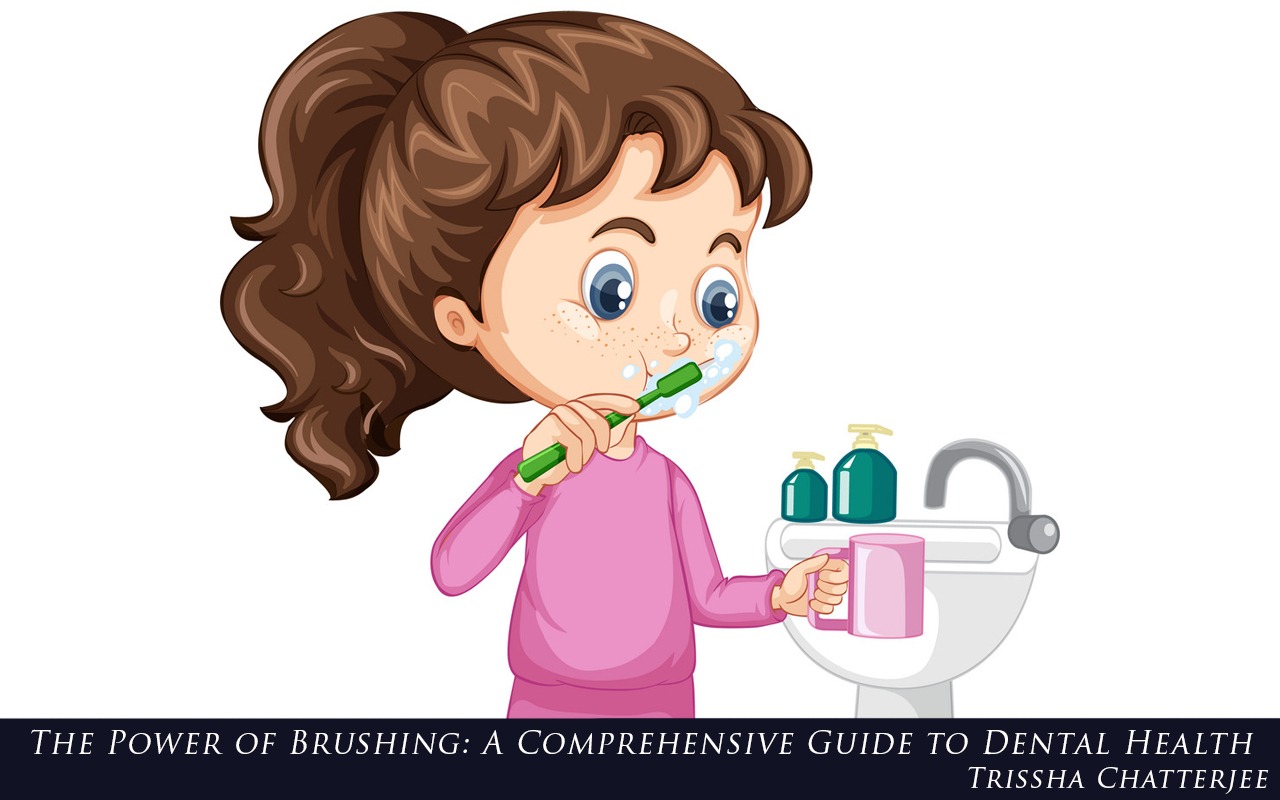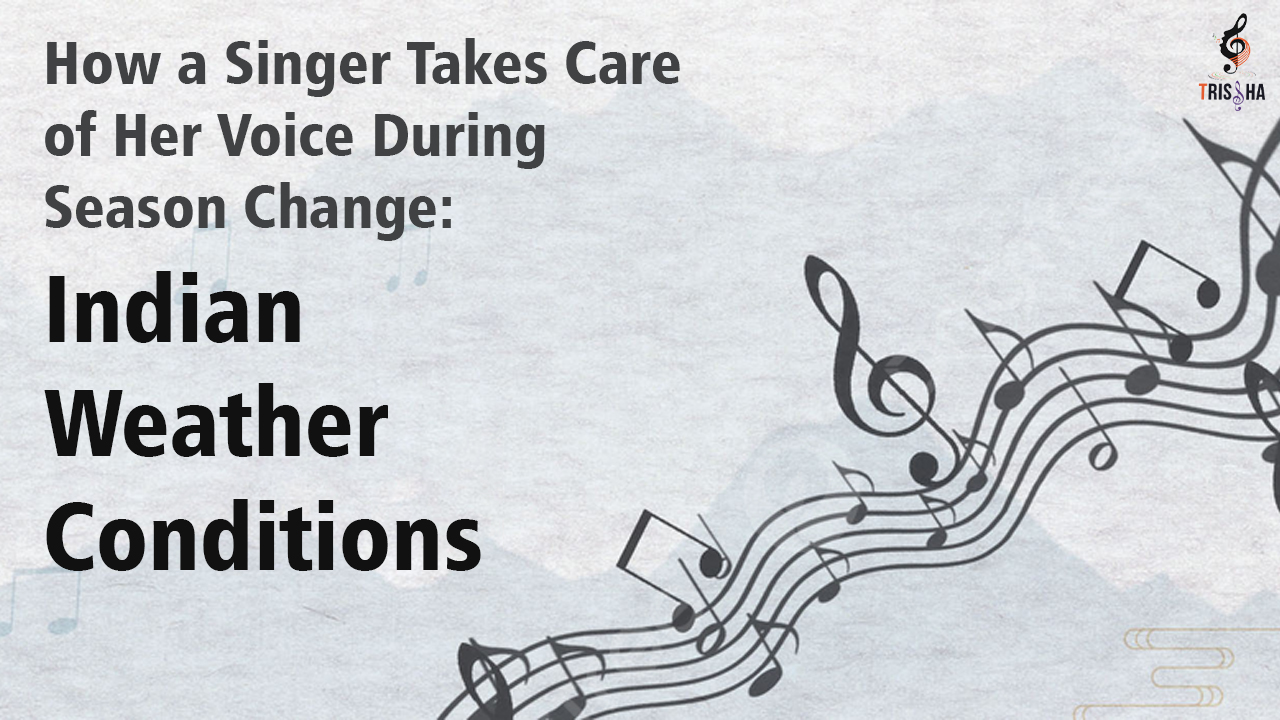The Power of Brushing: A Comprehensive Guide to Dental Health
Introduction:
Brushing your teeth is a simple daily ritual, but its importance cannot be overstated. It’s not just about maintaining a bright smile; it’s a crucial component of overall health. In this blog, we’ll delve into the world of toothbrushes, toothpaste, and the science behind proper dental care.
- The Basics of Brushing:
Brushing your teeth should be a cornerstone of your daily routine. It’s recommended to brush at least twice a day, ideally in the morning and before bedtime. The process should take about two minutes to be effective. - The Right Tools:
Start with selecting the right toothbrush. A soft-bristle brush is gentle on your teeth and gums, reducing the risk of damage. You can choose between manual and electric toothbrushes, but what’s important is proper technique. Replace your toothbrush every three to four months or sooner if the bristles are frayed. - The Right Toothpaste:
Toothpaste comes in various formulations, but the key ingredient is fluoride. Fluoride helps strengthen tooth enamel and prevents tooth decay. Always use a toothpaste with fluoride unless directed otherwise by your dentist. - Technique Matters:
Now, let’s talk about the technique. Angle your toothbrush at a 45-degree angle to your gum line and use gentle, circular motions. Brush the outer and inner surfaces of your teeth, as well as your tongue and the roof of your mouth. Don’t forget to floss to clean between your teeth where your toothbrush can’t reach. - Duration and Timing:
As mentioned earlier, brushing for about two minutes is ideal. Set a timer or use a toothbrush with a built-in timer to ensure you brush long enough. Be gentle; aggressive brushing can damage your enamel and gums. - The Science Behind Brushing:
Plaque, a sticky film of bacteria, constantly forms on your teeth. When you eat or drink, these bacteria produce acids that can erode enamel and lead to cavities. Brushing removes this plaque, preventing tooth decay and gum disease. - The Importance of Regular Checkups:
Even with diligent brushing, you should visit your dentist regularly. Dental checkups every six months can catch and address issues early, preventing more significant problems down the road. - The Link to Overall Health:
Dental health is closely connected to your overall well-being. Poor oral hygiene can lead to various health issues, including heart disease, diabetes, and respiratory infections. By taking care of your teeth, you’re investing in your long-term health. - Special Considerations:
For those with sensitive teeth, there are toothpaste options designed to alleviate discomfort. If you have orthodontic appliances or dental implants, follow your orthodontist’s or dentist’s recommendations for care. - Teaching Good Habits:
Instilling good oral hygiene habits in children is vital. Start early, and make brushing and flossing fun activities. Lead by example, and your children are more likely to develop a lifetime of good oral health practices.
Conclusion:
Brushing your teeth is more than just a cosmetic routine; it’s an essential step in maintaining your overall health. By using the right tools, employing proper techniques, and understanding the science behind it, you can ensure your smile remains bright and your teeth and gums stay healthy. Don’t forget to visit your dentist regularly to catch and address any issues before they become serious. Invest in your dental health today for a happier, healthier tomorrow.







There are no comments